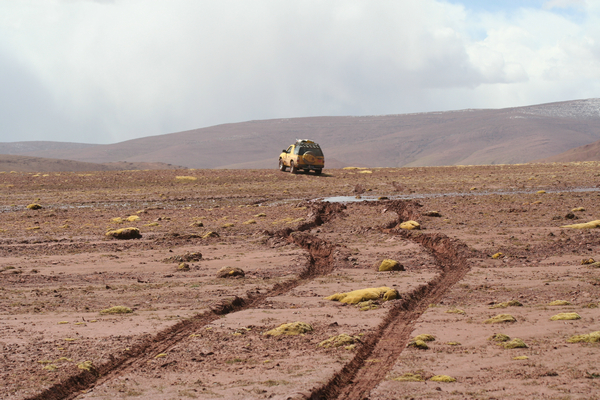Woman's death renews calls for safety awareness


This year has seen many upheavals and plans changed, but the graduation season and summer holiday still arrived as usual and not surprisingly, many students took the opportunity to travel and relax.
However, Huang Yumeng, 24, who studied at Nanjing University of Aeronautics and Astronautics, never returned to collect her graduate certificate.
Her body was found in Hoh Xil, a sparsely populated area in Qinghai province.
Huang's family lost touch with her on July 7, two days after she set off alone for Qinghai.
Golmud, in Qinghai, was the last city Huang traveled to before entering Hoh Xil. After being alerted by Huang's parents, the local government sent more than a hundred policemen and rescue workers from Blue Sky Rescue to search for Huang.
Hoh Xil's altitude, with an average elevation of 4,600 meters, and unpredictable weather hindered search efforts. Swamps, rain or snow, the danger of predatory wild animals, including brown bears and wolves, made the task even more difficult.
From July 27, the Golmud police search team set out in the early morning to search for Huang, mainly on foot for 20 to 30 kilometers, and came back late in the evening.
A worker told Hebei News, "The terrain of Hoh Xil is complicated. Even professionals may get lost."
The police used tracker dogs and unmanned aerial vehicles. Huang's body was found four days later.
According to Chinese News, one of the searchers suggested that the former student could have arrived in Hoh Xil with the purpose of taking her own life. The extremely low temperatures at night and the lack of oxygen in the region may have contributed to her death. Her body showed signs of wild animals gnawing at it after she died.
Karma Tsetan, a member of Hoh Xil Party Committee Office, told Xinhua News earlier that travelers now are only allowed to visit two designated scenic spots, Budongquan (Never-Frozen Spring) and Wudaoliang. He warned that the spring is more than 180 kilometers away from Golmud city, and it takes at least four hours to drive there.
We may never know why Huang wanted to visit such a desolate but beautiful place, but there is no doubting its appeal to nature lovers. Though its isolated location does bring dangers.
There have been a number of recent cases where people were reported missing.
One person interviewed for this article who wishes to remain anonymous said that he had experienced the dangers in traveling in such isolated places.
He was driving, he said, in the Ngari prefecture of the Tibet autonomous region in the year he graduated from high school. He said it was his first experience of seeing death at close quarters.
He remembers it was so isolated that a village appeared every 200 km or so.
On the sixth day of that trip, he drove down a gravel road when he saw an overturned car.
He didn't realize there were people still inside the vehicle. He then saw someone, who he recognized as a family friend, climb out from the driver's seat. They were obviously injured and in distress. One passenger, a woman, also a family friend, had been thrown through the front window.
He and his uncle, with whom he was traveling, tried to treat and comfort the woman on the road as best they could. Since she was the most seriously injured, they drove her to a medical facility two hours away. Local doctors said she could not be saved, but he and his uncle were determined.
They hired another driver and a doctor, drove 24 hours without break and sent the woman to Lhasa where an ambulance and police car met them near the entrance of the city. Incredibly she arrived at a hospital, was treated, and against the odds, survived.
An outdoor enthusiast, whose online ID is Kunming Girl, commented on Zhihu, a Chinese online Ask-Answer community, that "outdoor travel is a lifestyle, but never risk your life with your arrogance, ignorance and overestimate of your own capacity. Watching a few episodes of Man vs. Wild and climbing a few mountains doesn't make you a survivor …Get perfect self-protection, because staying alive is what matters the most".
According to Xinhua News Agency, experts recommend that tourists do not travel alone, and stress the necessity to get familiar with the route and surrounding environment in advance, prepare measures to combat the cold and have anti-altitude sickness medicine, and do not enter nature reserves without prior authorization.
xuhaoyu@chinadaily.com.cn




































